In a live broadcast on Monday evening, President Bola Ahmed Tinubu acknowledged the hardships faced by Nigerians and pledged to implement an increment in minimum wages and other essential measures.
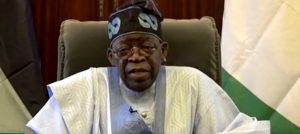
Prior to the national broadcast, the nation eagerly anticipated the president’s response to the impending strike called for by the Nigerian Labour Congress (NLC) in response to the second fuel price increase.
Despite the Federal Government’s pleas and warnings, the NLC remained steadfast in its decision to initiate a national strike commencing from August 2. The labor union had issued a seven-day ultimatum to the Tinubu administration, demanding a reversal of what they termed “anti-poor” policies, including the recent hike in fuel prices.
However, during the presidential broadcast, it became evident that President Tinubu was resolute in not reversing the “anti-poor policies” as demanded by the NLC. The most contentious policy at the heart of the matter was the removal of fuel subsidy, which has significantly impacted the masses’ economic well-being.
In his address, President Tinubu explained that these policy measures, including the fuel subsidy removal, were necessary to combat the severe economic challenges faced by the nation. He expressed empathy for the suffering endured by Nigerians, emphasizing that the measures taken were not intended to hurt but to assist the people and the nation he deeply cared for.
Regarding the fuel subsidy, the president emphasized that it had become economically unsustainable, costing the nation trillions of Naira annually. Instead of benefiting the populace, the funds were being misused and enriching a select few. President Tinubu stressed that redirecting these vast sums towards public transportation, healthcare, education, housing, and national security would ultimately benefit the majority.
In addition to addressing economic challenges, Tinubu outlined several agricultural reforms aimed at enhancing food security and bolstering small and micro-businesses. Furthermore, he promised to introduce 3000 units of 20-seater CNG-fueled buses, allocated with N100 billion, by March 2024, to provide affordable mass transit across states and local governments.
Addressing the concerns of the labour force, President Tinubu reassured workers of an impending salary review. He revealed that collaboration with labour unions was underway to establish a new national minimum wage, and once agreed upon, the budget would promptly accommodate its implementation.
The president commended private employers in the Organized Private Sector for implementing general salary reviews for their employees.
While President Tinubu’s initiatives may alleviate some of the challenges faced by the Nigerian population, it remains uncertain whether they will suffice to deter the NLC from proceeding with the proposed strike.
The NLC had demanded a complete reversal of the “anti-poor policies,” but President Tinubu remained firm in his stance during the broadcast. The nation now awaits further developments as both parties navigate the complex economic landscape.

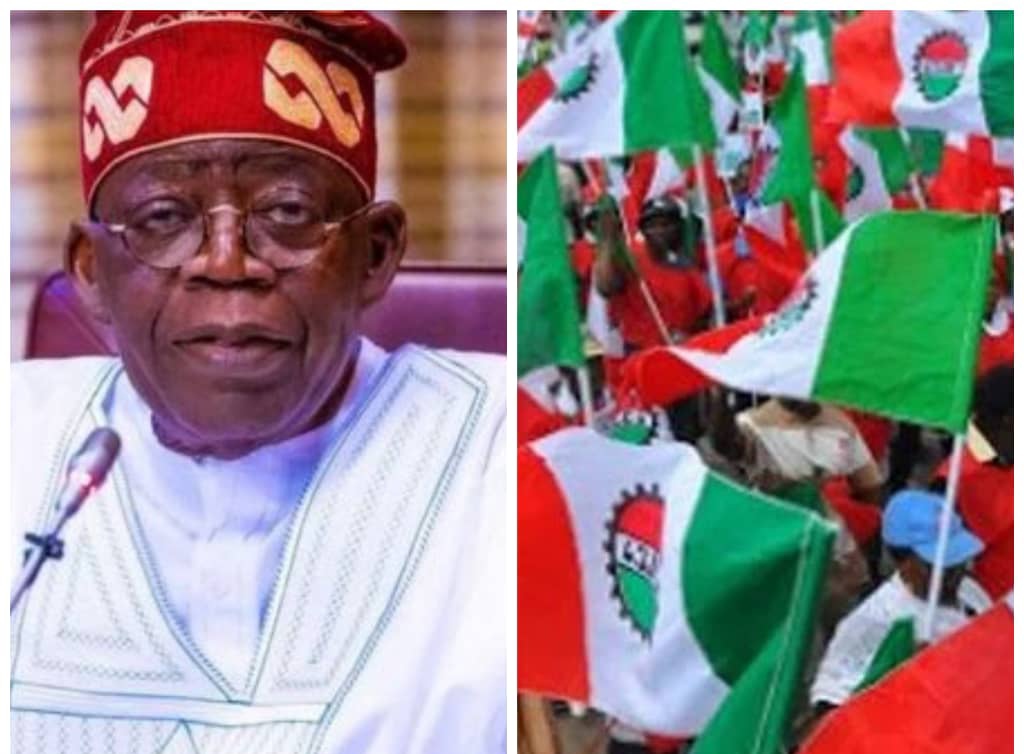
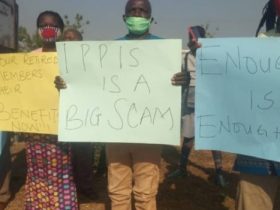

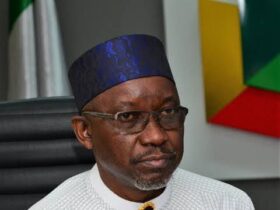

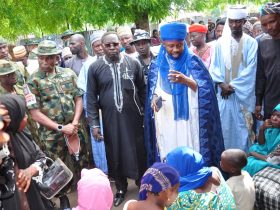
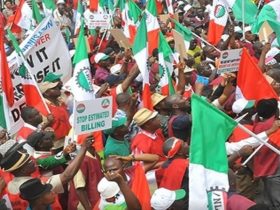

Leave a Reply